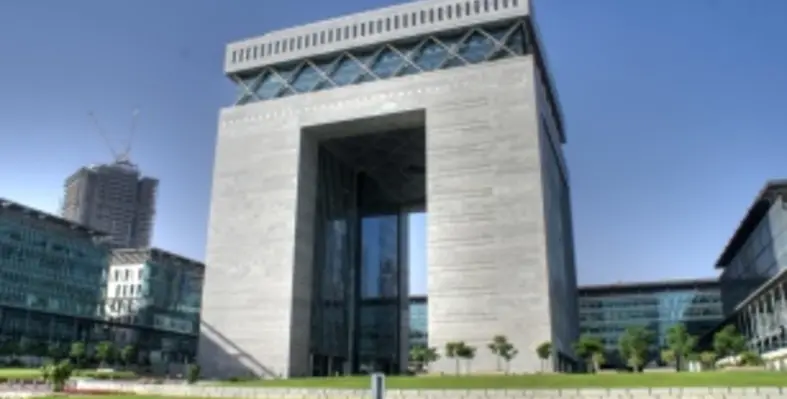Etihad Energy Services Company (Etihad ESCO) has signed an agreement with the Dubai International Financial Centre (DIFC) that intends to reduce energy consumption and carbon footprint of the properties owned by the DIFC
The deal is in accordance with the Dubai Integrated Energy Strategy 2030, which aims to reduce energy demand by 30 per cent in the next 16 years, as well as the Green Economy for Sustainable Development initiative launched in 2012 by His Highness Sheikh Mohammed bin Rashid Al Maktoum, vice-president and prime minister of the UAE and ruler of Dubai.
Vice chairman of the Dubai Supreme Council of Energy (DSCE), managing director and CEO of DEWA, and chairman of Etihad ESCO, HE Saeed Al Tayer said, ?Our strategic collaboration with the DIFC will serve to further solidify partnerships between the public and private sectors through Energy Performance Contracting in Dubai and enable us to provide new business opportunities.?
Etihad ESCO, Dubai?s official Super Energy Service Company (Super ESCO), will select the ESCOs that will be responsible for implementing energy-saving measures and upgrading the 15 current DIFC buildings, after it completes the feasibility study and evaluation of these existing facilities.
HE Essa Kazim, governor of the DIFC, commented, ?It is essential that any developments within the DIFC district incorporate sustainable, long-term energy solutions in line with global standards and in support of Dubai?s vision to become an internationally recognised energy-efficient city.?
Etihad ESCO was established in 2013 with the aim of making Dubai?s built environment a leading example of energy efficiency in the region, and it is currently developing energy efficiency projects targeted at more than 30,000 buildings.
According to the agreement, Etihad ESCO will also provide financing, project management and performance services to ensure the final upgrades match international energy-saving standards.
CEO of Etihad ESCO Stephane le Gentil said, ?Many owners are recognising the need for sustainable energy-efficient buildings while at the same time considering the financial implications of retrofitting existing facilities.
?Cost is a key factor driving the decision and we are able to address this concern in the Dubai market through providing financing options that enable building owners to upgrade existing infrastructure without the need for capital investment.?








